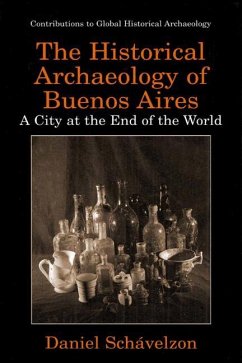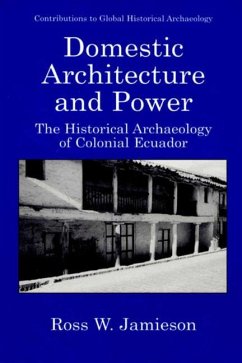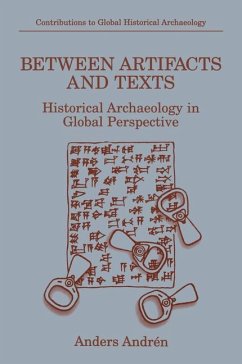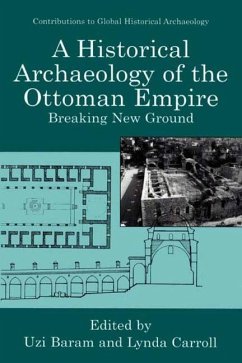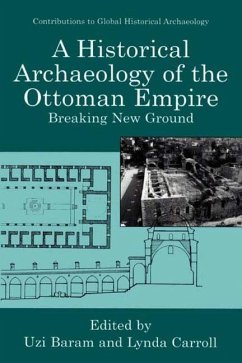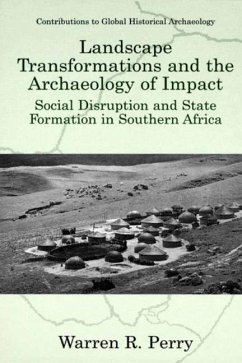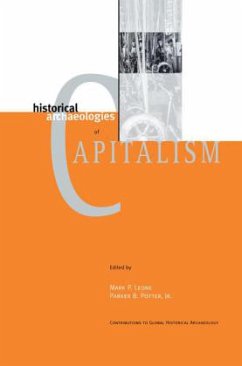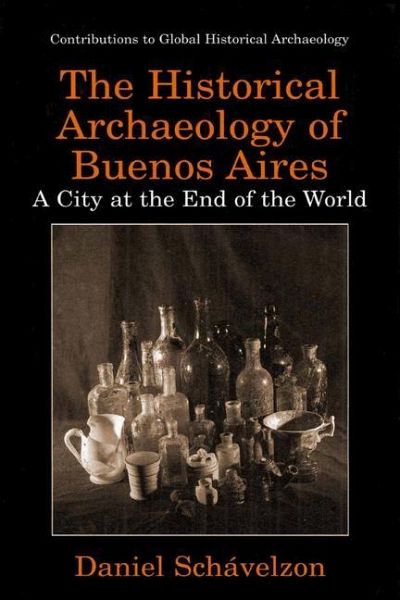
The Historical Archaeology of Buenos Aires
A City at the End of the World
Versandkostenfrei!
Versandfertig in 6-10 Tagen
76,99 €
inkl. MwSt.
Weitere Ausgaben:

PAYBACK Punkte
38 °P sammeln!
A discussion of the historical archaeology of one of the largest cities in the world following four centuries of marginal positioning in regard to empires, trade routes, and the production and accumulation of wealth. The author describes how Buenos Aires came to achieve its current status as a major urban metropolis through an analysis of settlement patterns, architecture, the lifestyle of its residents, and the access to commodities of different social groups.





